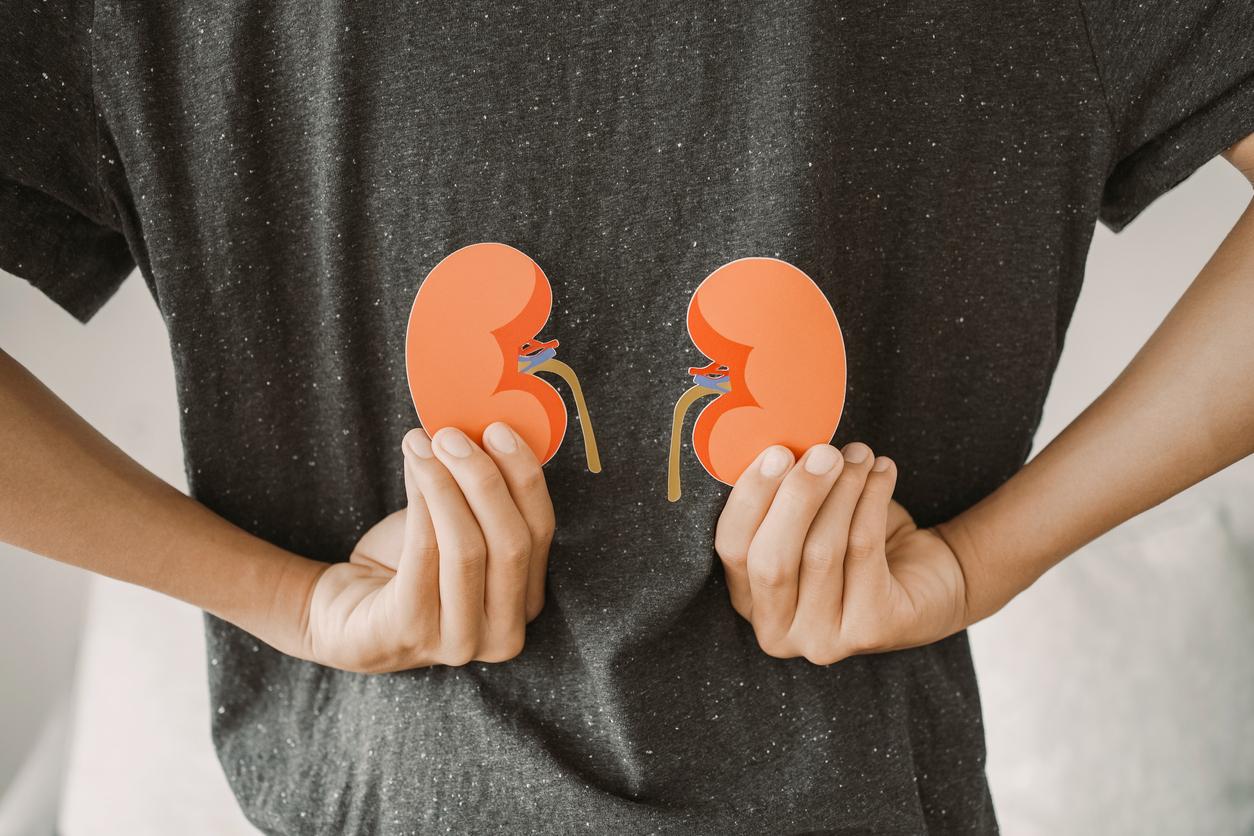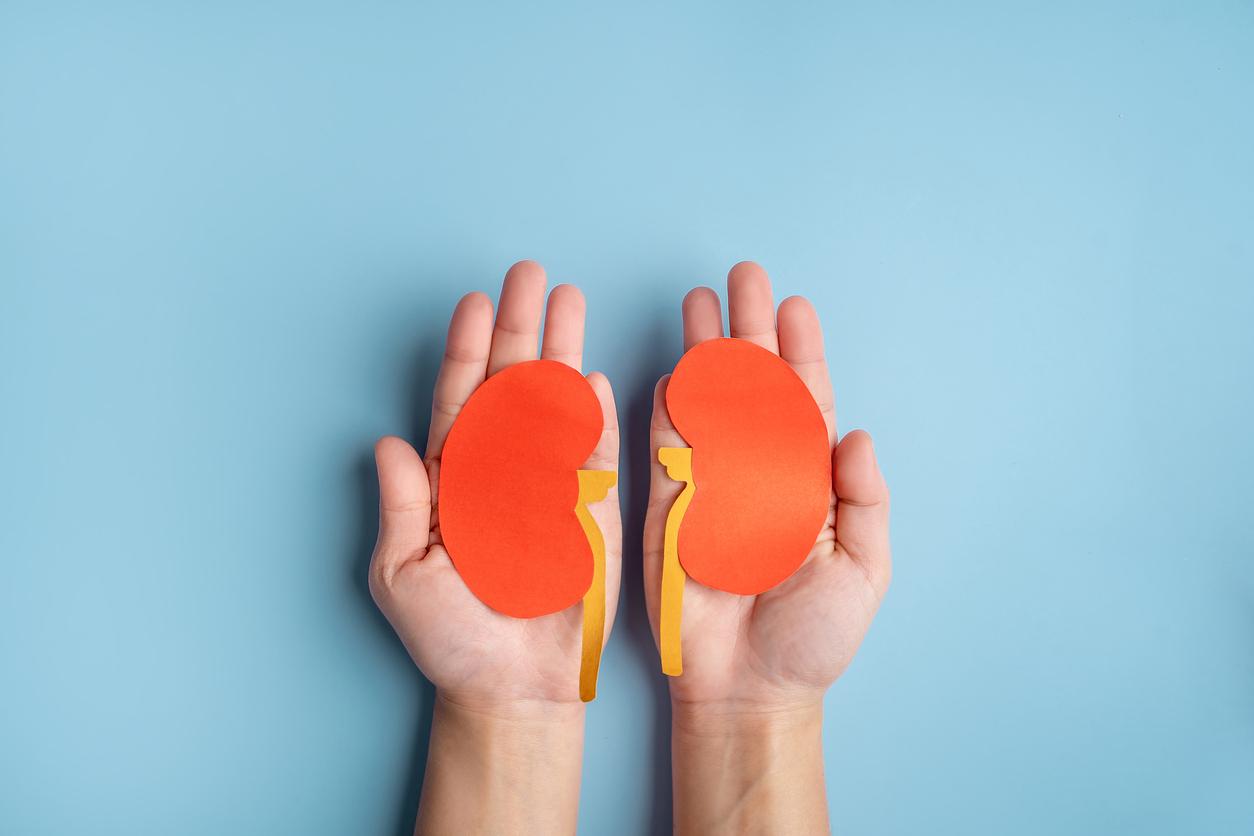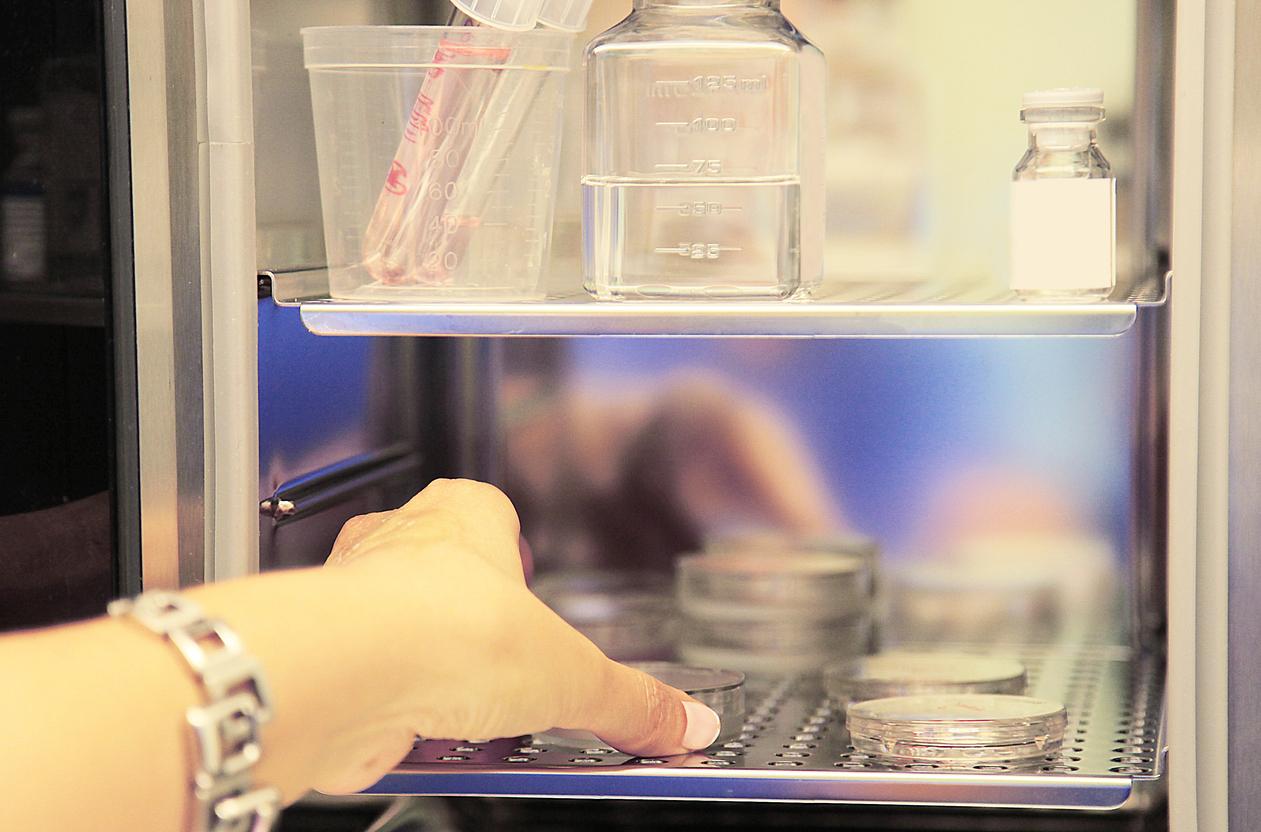It is a new form of life insurance that we present today The Parisian. It is subscribed neither for his spouse, nor even for his children. More than 500 French women have opened one in Spain or Belgium by freezing their oocytes in a foreign clinic. “Women aged 35 to 40, says journalist Florence Deguen, often wanting to start a family in the classic way, but who see the biological clock ticking, have not met the man of their life”.
Others want to complete a professional career before considering a family project. The fragility of couples is another reason given for delaying the decision.
Unlike many countries, France limits the use of self-preservation of oocytes to medical situations. Admittedly, a small breach has just been opened with a decree published last October. “From now on, when a woman donates oocytes, she can keep part of them”, explains the daily. But priority will always be given to the recipient.
So why is the legislator blocking a safe and effective technique, demanded by birth specialists and which corresponds to an evolution of society? “Traumatized by the success of the Demonstration for all, the government has chosen to vitrify any law relating to the family”, believes Frédéric Vézard, editorial writer for the Parisian.
An analysis confirmed by the polls. The one conducted by Odoxa (1) in France, on behalf of the Spanish clinic Eugin, reveals, in fact, that 6 out of ten French people do not want this practice to be legalized. Almost as many (54%) are lenient towards women traveling abroad. But above all, almost one person in two (44%) believes – wrongly – that egg freezing concerns homosexual women.
Would the decision-makers have their eyes more riveted on the polls than on the evolutions of society?
(1) Survey carried out via the Internet on November 5 and 6, 2015 among 1,001 people representative of the French population aged 18 and over.

















